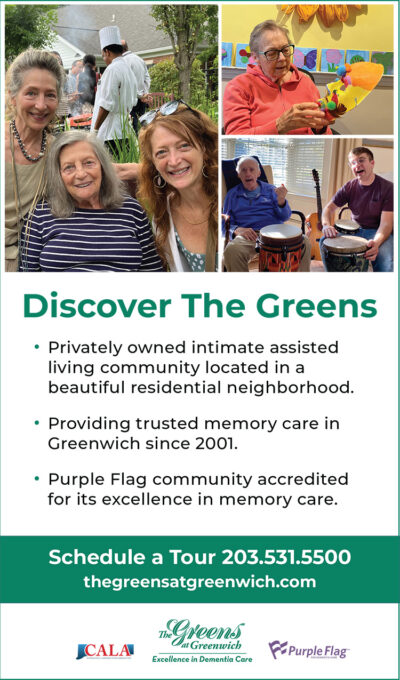 It is easier to notice physical decline than cognitive decline. If you are seeing slight changes in your loved one’s cognitive abilities and your gut feeling says something is off, consider any or all of the following five A’s associated with most memory impairment.
It is easier to notice physical decline than cognitive decline. If you are seeing slight changes in your loved one’s cognitive abilities and your gut feeling says something is off, consider any or all of the following five A’s associated with most memory impairment.
How should I deal with this? Should I deal with this?
The first suggestion is to visit your loved one more often to see what is actually going on. Is your loved one safe? Can they make informed decisions to handle daily life and stay healthy? Are they steady on their feet? Can they find their way around?
To help you in your assessment, consider the five A’s.
• Amnesia: Do they remember they saw you yesterday? Do they remember where they saw you? What do they recall short term? long term?
• Apraxia: What is their relationship with their environment? Do they bump into things? What is their spatial awareness? How are they walking and navigating their environment? As people become more complex in their disease, they have difficulty navigating space and can’t see in three dimensions.
• Agnosia: Do they know what an item is and what is its function? Do they know what the “key” is and what it does? Can they use the “key”?
• Aphasia: How able are they to access language? Do they have difficulty communicating? Do they have an Inability to access a word and not be able to get it? The person knows the person or the word but can’t remember it. It usually happens with nouns so they may try to replace it with another noun.
• Anomia: Are they saying things that don’t make sense to you but seem to make sense to them? Are they making up words? Are they beginning to speak gibberish?
How do you know it is time to place a loved one in Memory Care?
There will be a tipping point. They may become incontinent or wander around aimlessly. They may forget who their family is or may become aggressive. Each person’s tipping point is different. If you are honest with yourself, you will recognize the tipping point for you.
Why would you consider a Memory Care Community over a home health aide? Isn’t it better if your loved one stays in their home?
Initially staying home with help may be the best way to go. When the person becomes more compromised with any one or more of the A’s, they need to go to a memory care community where they can maintain a healthy baseline and remain there as long as they can.
They will be surrounded by staff who understand their disease and how to help them manage their life with dignity and respect.
What does a memory care community provide?
The Greens at Greenwich provides a safe community with trained professionals to give your loved one the care and dignity they deserve with a supportive social environment. Exceptional communities will look at your loved one’s strengths, not their limitations. At The Greens, your loved one will be guided through their journey developing a sense of purpose in their new normal. Music, art, dance/movement and drama therapy provide new means of expression and joy. Nutritious meals and exercise along with medical supervision enhance their health. You will find peace of mind in knowing that your loved one is safe allowing you to enjoy your visits with them.
You are facing difficult decisions. You don’t need to do it on your own. Senior advisors and geriatric care managers are resources to help you decide. Reach out to The Greens for resources and remember this journey “takes a village.”
Maria Scaros is executive director at The Greens at Greenwich, a small family-owned assisted living home for memory impairment. For more information or to schedule a personal tour, visit greensatgreenwich.com or call 203-531-5500.


















